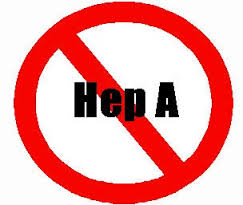Don and Ben traveled to SUNY Geneseo for a live version of the podcast sponsored by the Center for Integrative Learning, and hosted by the amazing Beth McCoy. The episode title comes from an unrecorded after dark which may or may not have taken place in a bar in Geneseo.
Episode 166 is available on iTunes and here.
Show notes so you can follow along at home.
- About Us — Food Safety Talk – episode zero link found here
- Food Safety Talk
- Lifting the lid on toilet plume aerosol: a literature review with suggestions for future research
- The Vomiting Machine: How Researchers Are Using Fake Barf to Help Protect Public Health
- Prevalence of Human Noroviruses in Commercial Food Establishment Bathrooms
- Multistate Outbreak of Salmonella Mbandaka Infections Linked to Kellogg’s Honey Smacks Cereal (Final Update) | Multistate Outbreak of Salmonella Mbandaka Infections Linked to Honey Smacks Cereal
- Recalls, Market Withdrawals, & Safety Alerts > Kellogg Company Voluntarily Recalls Honey Smacks Cereal Due to Possible Health Risk
- Salmonella Saintpaul Infections Linked to Raw Produce
- Jensen Farms Rocky Ford Cantaloupe Listeria Outbreak | About Listeria
- Pomegranate arils from Egypt blamed in hepatitis A outbreak | Food Safety News
- An Outbreak Of Listeriosis Has Been Linked To Cantaloupes









